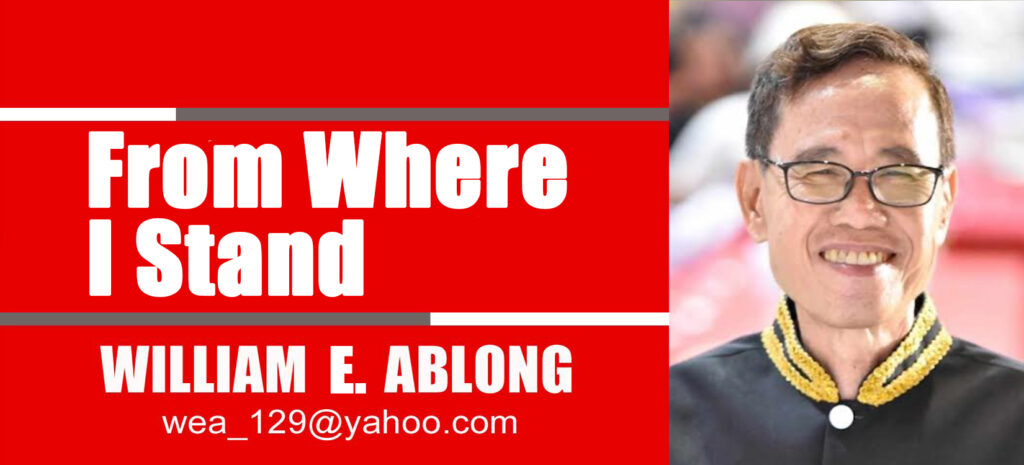
JUNE 19th marks the 164th anniversary of the birth of Dr. José Rizal, a man whose pen pierced the veil of colonial injustice and awakened a nation to its right to freedom. Today, as we honor his life, we must also reflect on the enduring relevance of his ideals in a Philippines still grappling with corruption, inequality, and the corrosion of truth.
Rizal was not merely a historical figure—he was, and remains, a symbol of conscience. If he were alive today, what would he see? A nation betrayed by its own citizens’ apathy? A people lulled into complacency by spectacle and disinformation? Would he weep—or would he write?
The pen mightier than the algorithm
As a master of the written word, Rizal recognized the power of information to awaken, to enlighten, and to mobilize. In an era plagued by misinformation and manipulated narratives, his greatest battle would not be fought on the streets, but online—in the algorithm-governed arenas where truth is buried beneath trending falsehoods.
Rizal would be at the forefront of digital resistance. He would deconstruct the machinery of fake news with surgical precision, exposing how it manipulates the masses and undermines democracy. But he would go further—calling not only for media literacy and fact-checking, but for the moral rebirth of a citizenry too eager to share lies and too lazy to question them.
The fight for truth is no longer just about telling it—it’s about teaching people how to recognize it.
A vote for integrity
What would Rizal say of a democracy for sale? Of ballots exchanged for sacks of rice, promises of patronage, or envelopes of dirty cash?
He would see vote-buying not as mere corruption, but as a form of betrayal—a betrayal of one’s self, one’s future, and one’s country. It is a transaction that reduces democracy to a market and leadership to a commodity.
Rizal would demand systemic reform, yes—but he would also appeal to the soul of the Filipino voter. He would insist that true change does not begin at the ballot box, but in the conscience of the one casting the vote.
“The slaves of today are the tyrants of tomorrow,” he once warned. And if we continue to sell our votes, we will continue to buy our own suffering.
Justice for all—or justice for sale?
Rizal envisioned a nation where justice was blind—not deaf to the cries of the poor and mute before the abuses of the powerful.
Today, double standards still run deep. The wealthy manipulate the law to their favor, while the underprivileged remain ensnared in a cycle of exploitation. Rizal would not mince words — he would name these injustices for what they are—systemic, deliberate, and dangerous.
He would call for the dismantling of this two-tiered justice system. But more importantly, he would call on us to stop normalizing inequality. To stop shrugging off injustice as inevitable. To stop turning a blind eye just because we are not the ones being crushed.
The revolution is not over
Rizal died believing in a future that he would never see. But that future is ours to create—or destroy.
His 164th birthday is not just a historical footnote—it is a challenge. A reckoning. A reminder that statues and street names are not enough. That quoting his words while ignoring his warnings is nothing short of sacrilege.
He did not die so we could romanticize our failure to change. He died so we would dare to finish what he began.
So let this anniversary not be a quiet commemoration, but a clarion call. Let us confront the corruption that poisons our politics, the ignorance that spreads like wildfire, and the apathy that rots the foundation of our democracy.
Rizal once wrote, “There can be no tyrants where there are no slaves.”
The real question, 164 years later, is this: Are we still enslaved—by fear, by greed, by ignorance?
Or are we finally ready to fight?
Because the revolution he envisioned isn’t over. It’s just waiting for us to pick up the pen—and finish the story.

